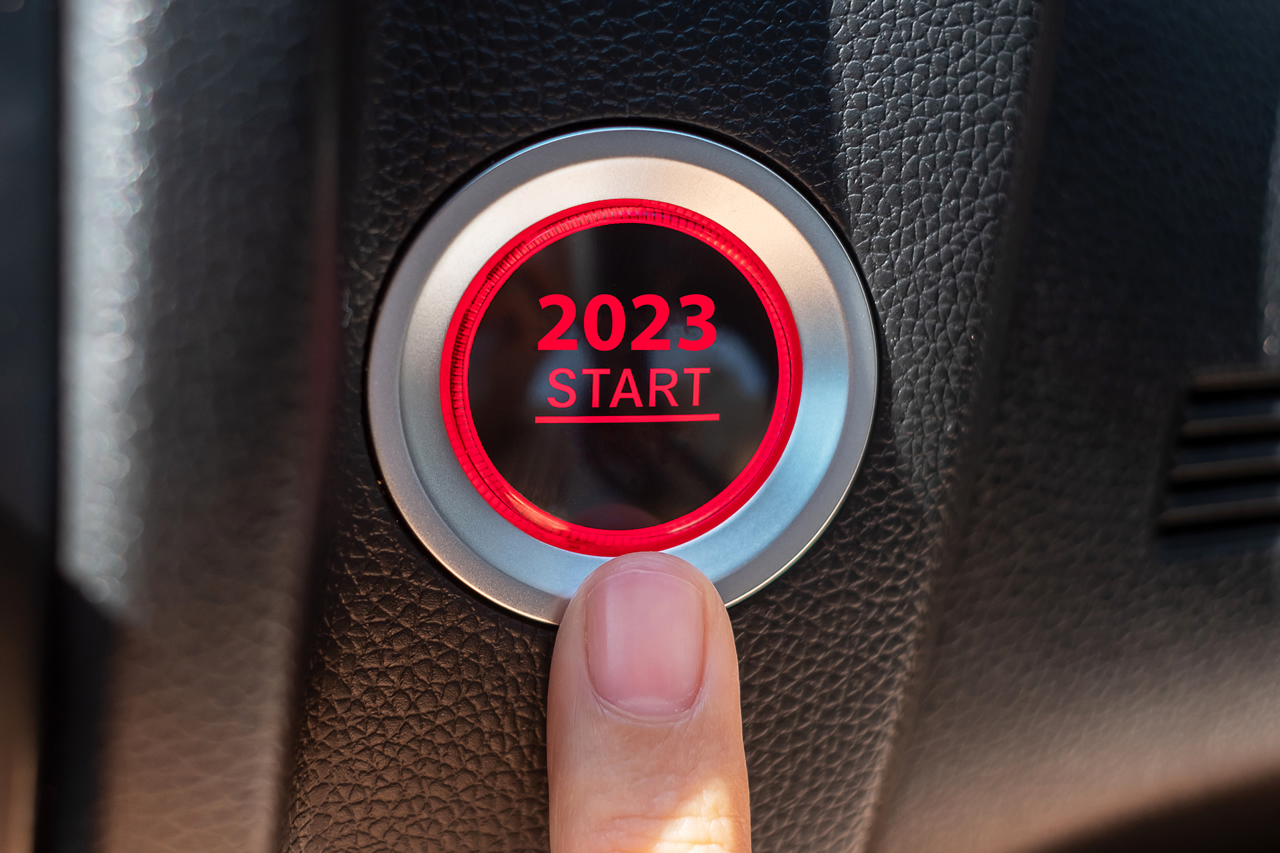Introduction to Common Car Problems
Regular vehicle maintenance is essential to keep your car running smoothly and avoid costly repairs. However, even well-maintained cars can experience common problems. This guide covers some of the most common car problems and their solutions, helping you identify and address issues before they become severe.
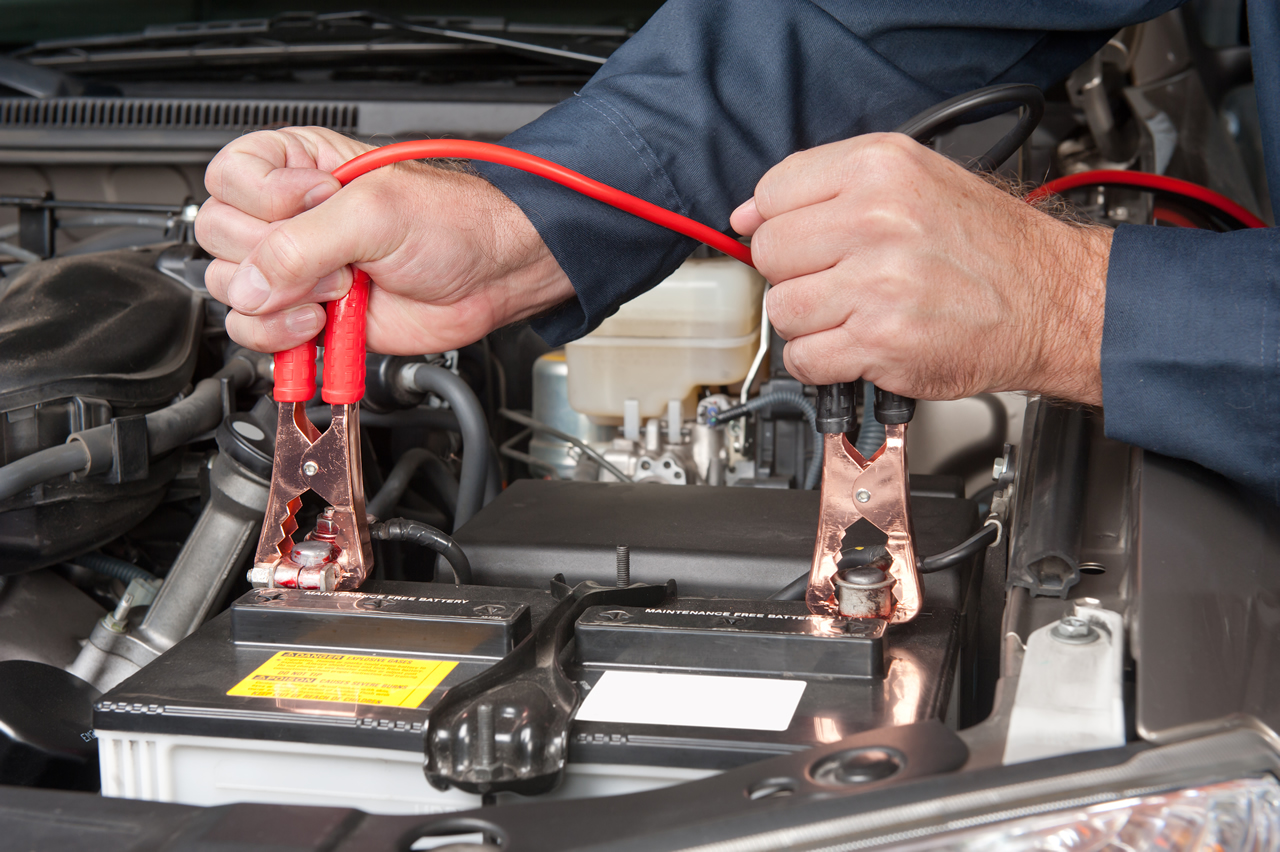
Dead Battery
A dead battery is one of the most common car problems. It can be caused by leaving electrical components on, extreme temperatures, or an old battery reaching the end of its life.
Solution: If you suspect a dead battery, try jump-starting your car. If the jump-start works, drive your car for a while to recharge the battery. If the issue persists, you may need to replace the battery.
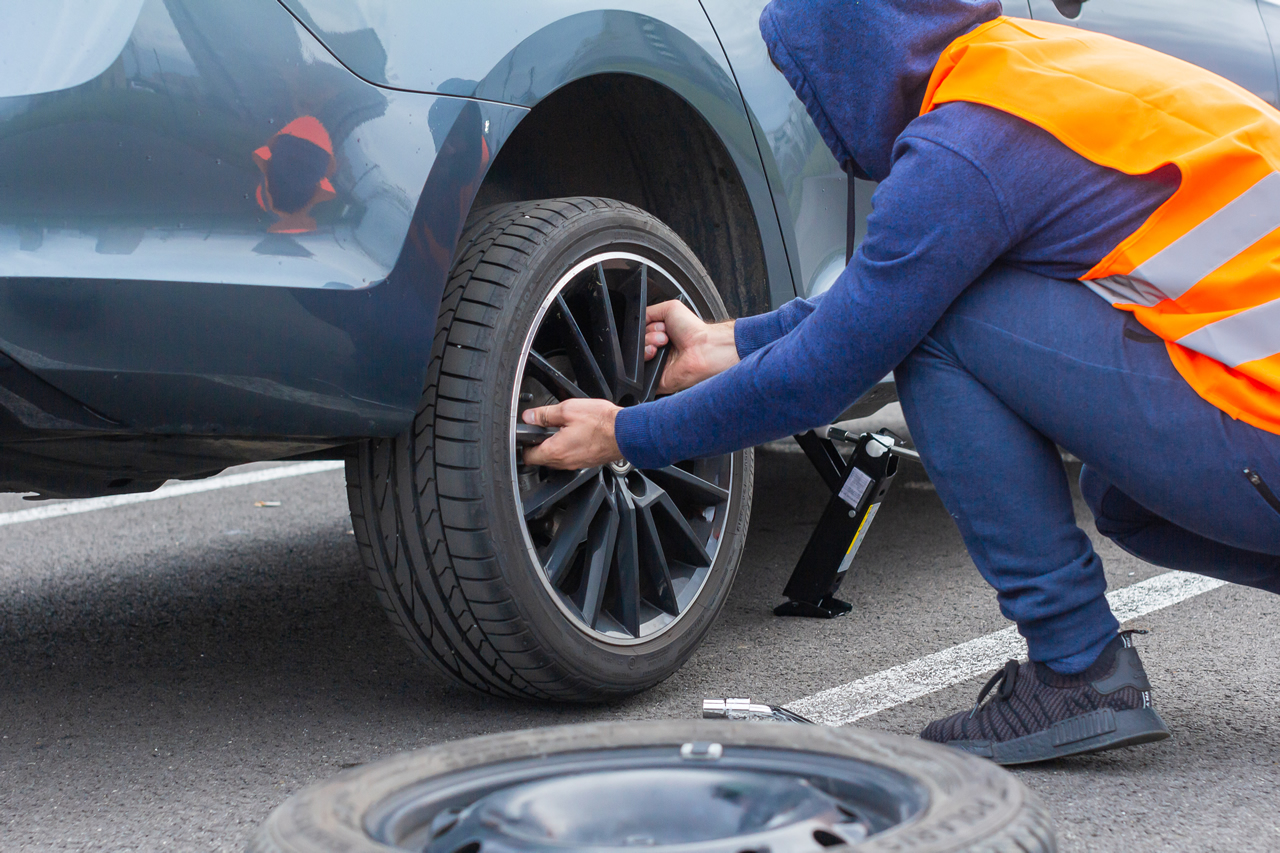
Flat Tire
Flat tires are another common issue faced by drivers. They can occur due to punctures, tire damage, or inadequate tire pressure.
Solution: Inspect your tires regularly for signs of wear or damage. If you experience a flat tire, use a spare tire or tire repair kit to fix the issue temporarily. Then, visit a tire shop to repair or replace the damaged tire.
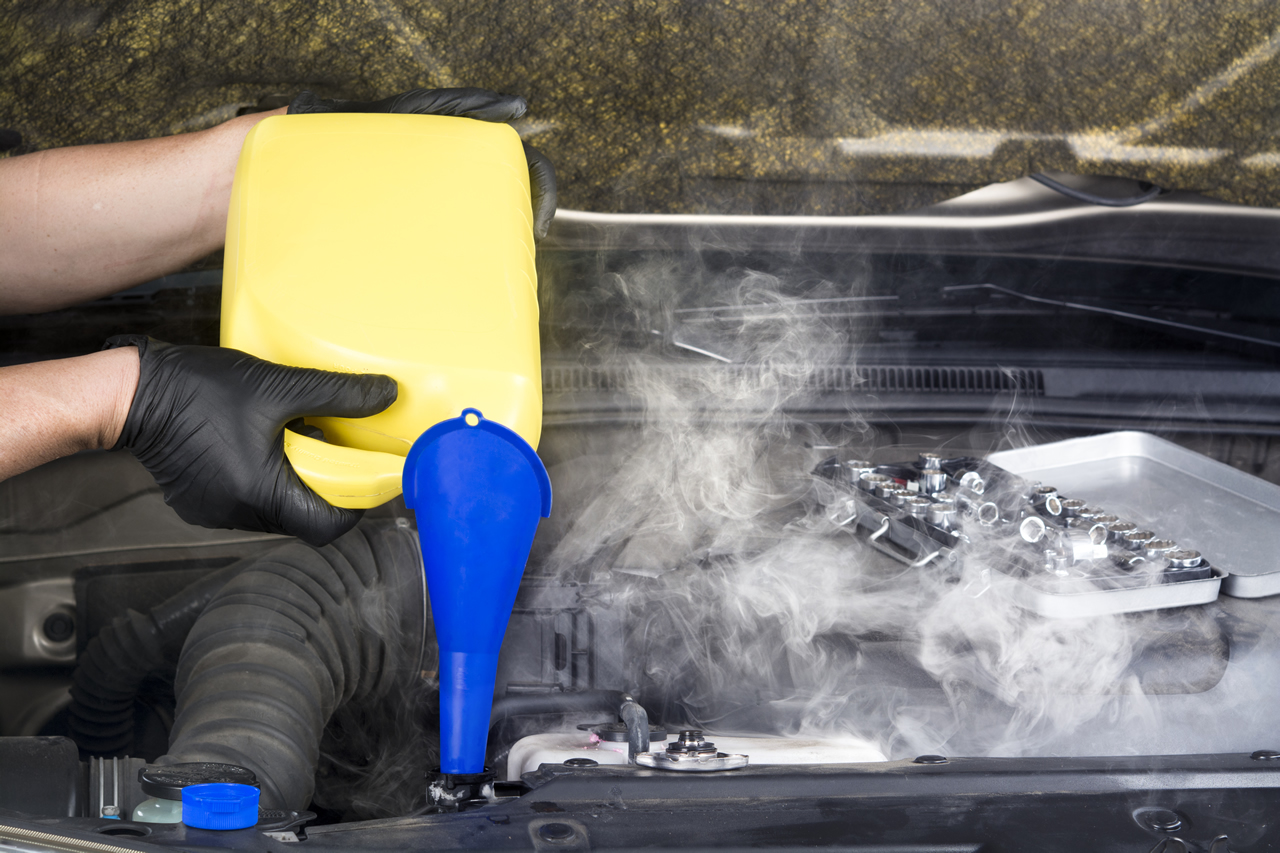
Overheating Engine
An overheating engine can result from low coolant levels, a malfunctioning thermostat, a damaged water pump, or a clogged radiator.
Solution: Regularly check your coolant levels and inspect the cooling system for leaks or damage. If your engine overheats, let it cool down before checking the coolant level and addressing any issues. In some cases, you may need professional assistance to diagnose and repair the problem.
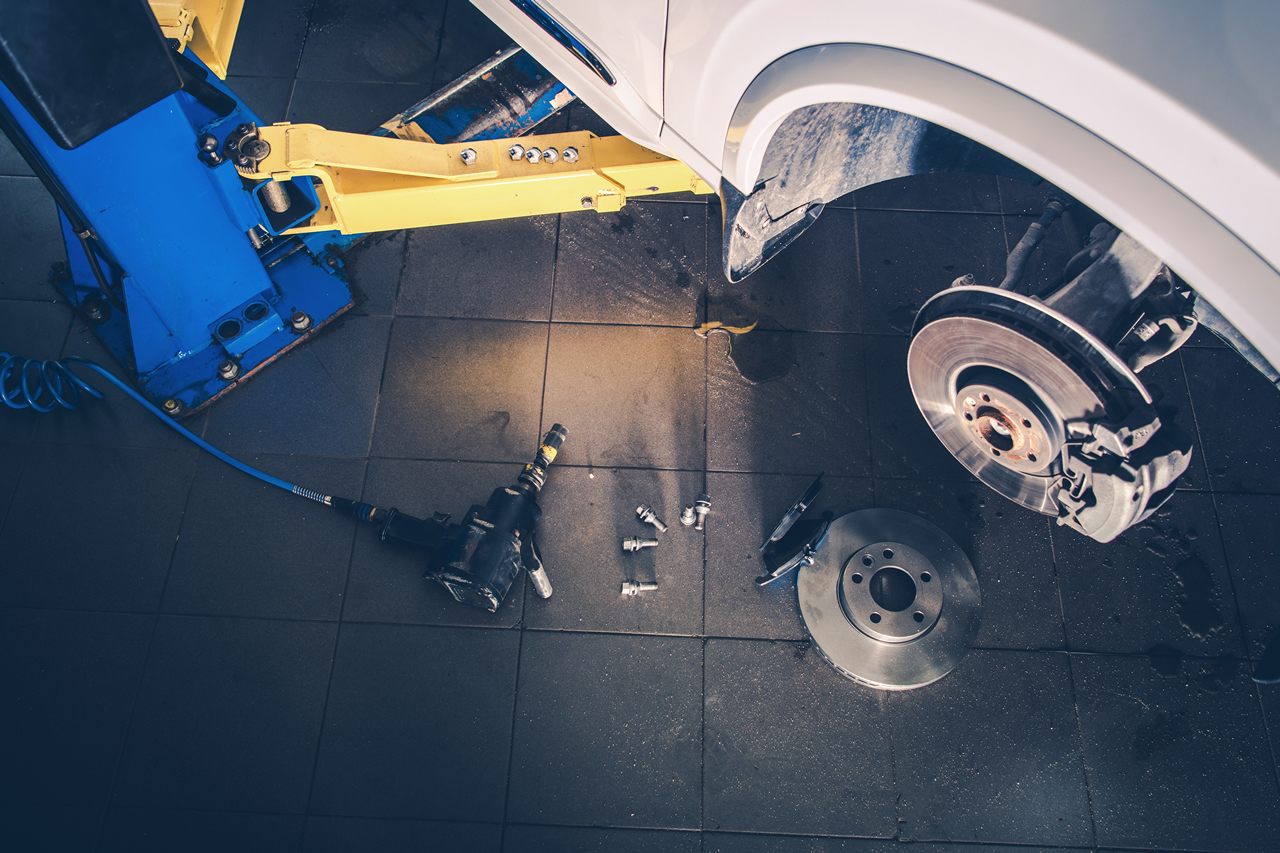
Brake Issues
Brake problems can manifest as squeaking or grinding noises, a soft brake pedal, or reduced braking efficiency. Common causes include worn brake pads, damaged rotors, or low brake fluid levels.
Solution: Regularly inspect your brake pads and rotors for wear and replace them when necessary. Check your brake fluid levels and top off or flush the system as needed.
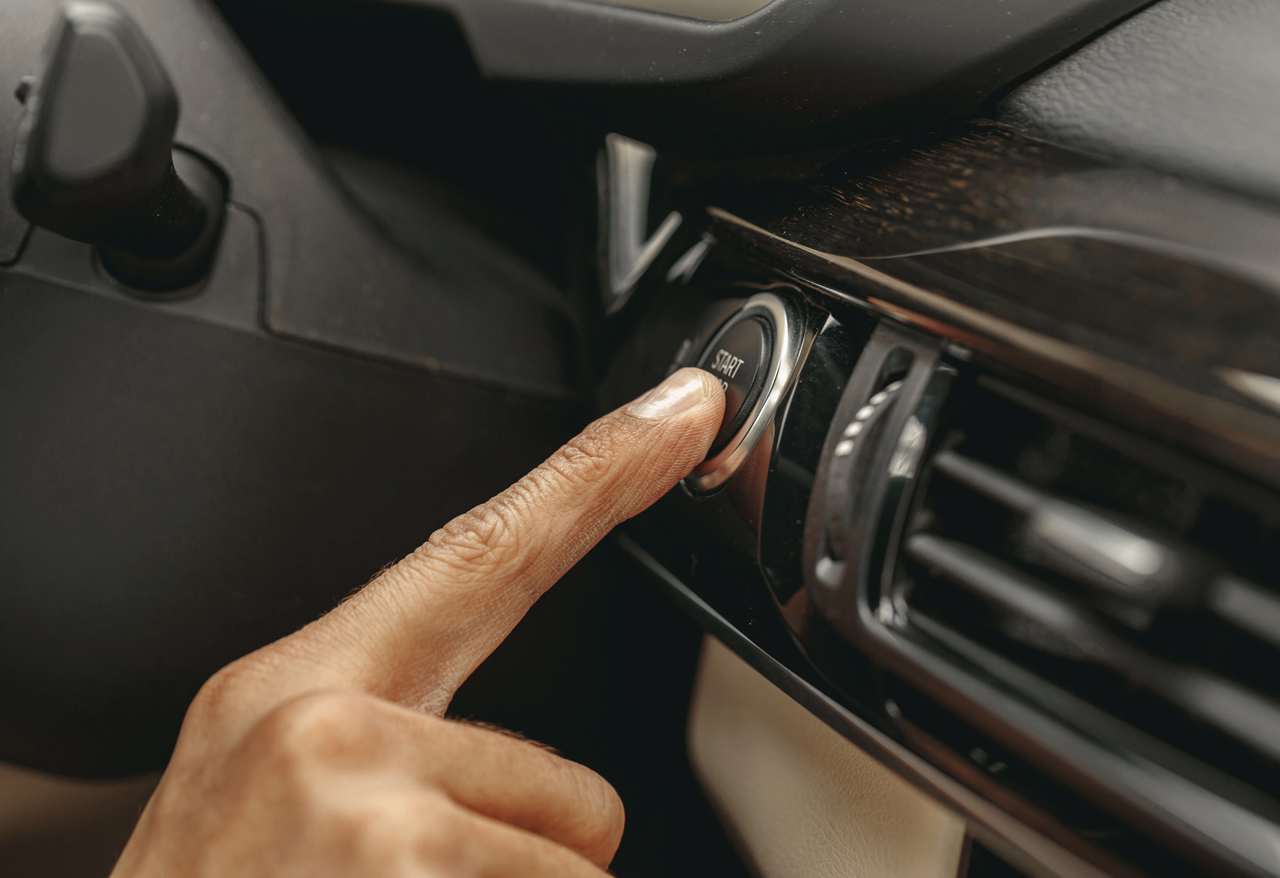
Faulty Starter Motor
A faulty starter motor can cause your car not to start or to have difficulty starting. Common symptoms include a clicking noise when turning the key or the engine turning over slowly but not starting.
Solution: Inspect the starter motor for signs of wear or damage. Check the electrical connections and ensure they are clean and secure. If the problem persists, you may need to replace the starter motor.
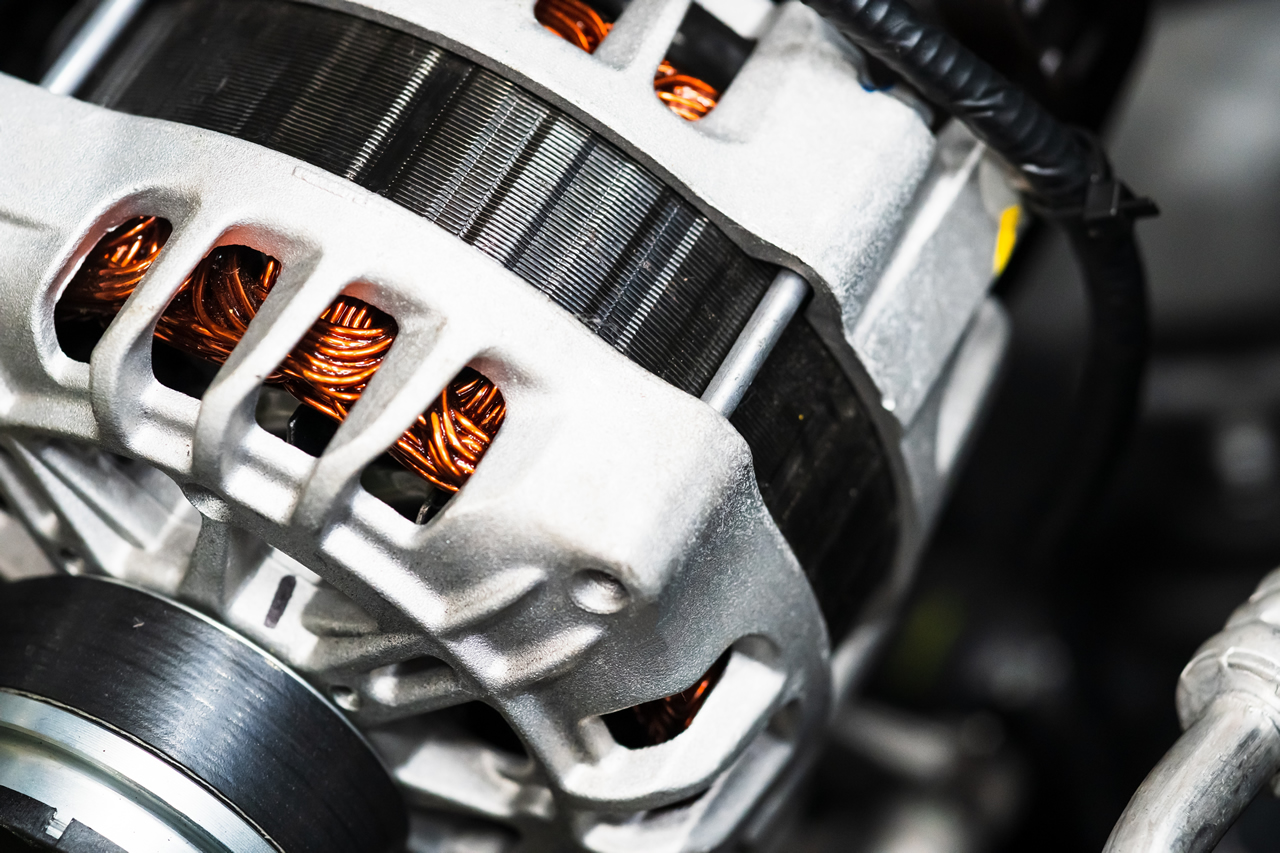
Malfunctioning Alternator
A malfunctioning alternator can cause a variety of electrical issues, such as flickering headlights, a weak battery, or a dead battery. The alternator is responsible for charging the battery and supplying power to the vehicle's electrical system.
Solution: Inspect the alternator for signs of wear or damage, and check the drive belt for proper tension and condition. If the alternator is not functioning correctly, it may need to be replaced.
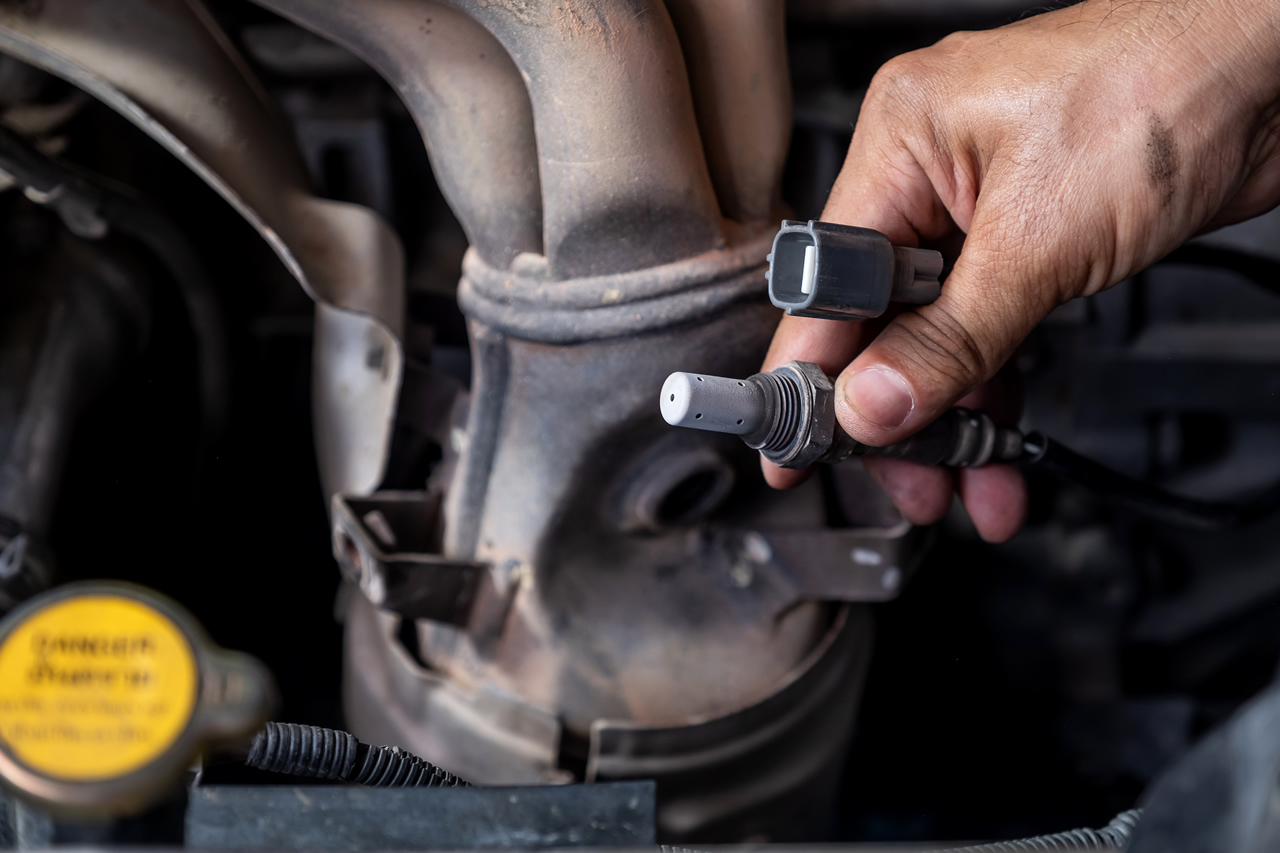
Failed Oxygen Sensor
A failed oxygen sensor can lead to poor engine performance, reduced fuel efficiency, and increased emissions. Oxygen sensors monitor the level of oxygen in the exhaust gases and help the engine control module (ECM) adjust the air-fuel mixture for optimal combustion.
Solution: If your vehicle's check engine light comes on, use a diagnostic scan tool to check for any stored trouble codes. If the oxygen sensor is identified as the problem, replace it to restore proper engine performance and fuel efficiency.
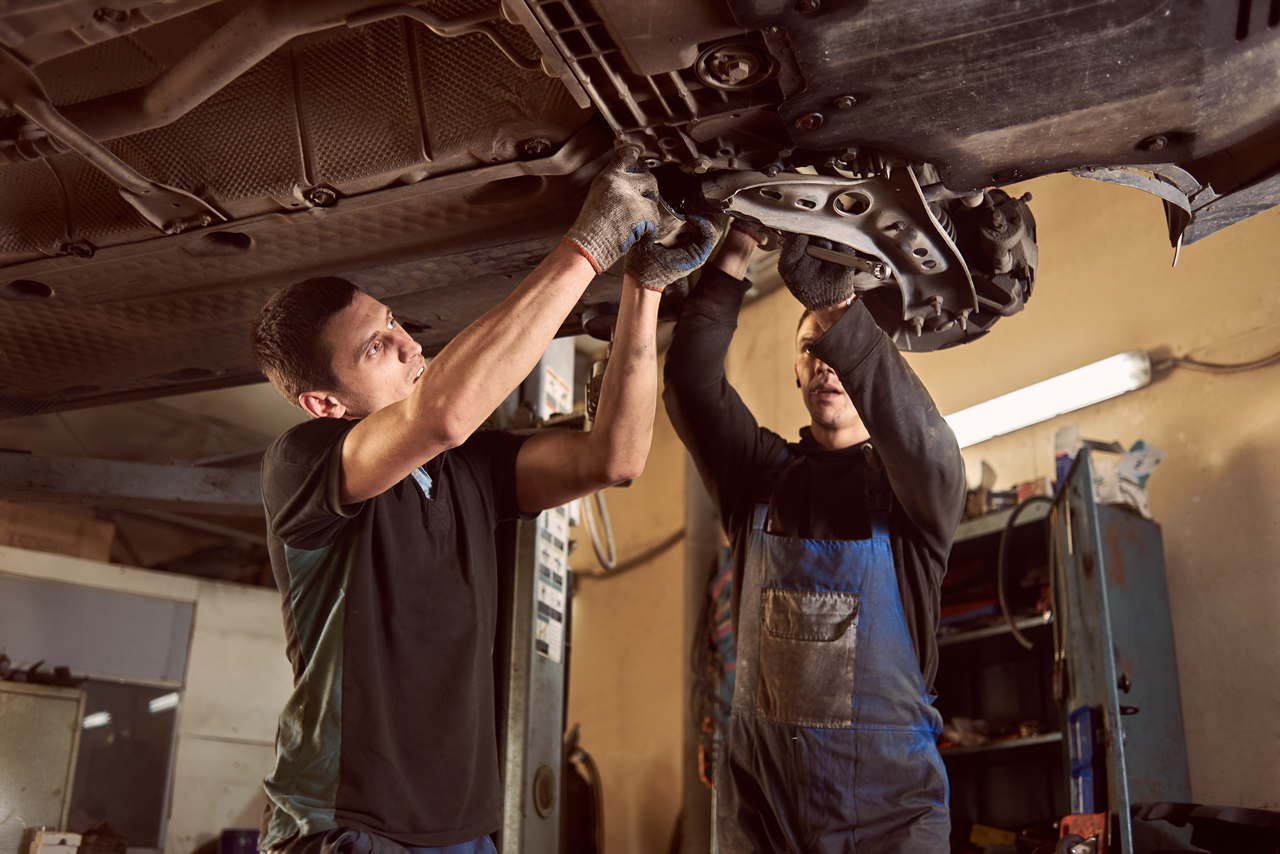
Transmission Problems
Transmission problems can cause issues such as slipping gears, difficulty shifting, or a burning smell. Common causes include low transmission fluid levels, worn or damaged transmission components, or software issues in electronically controlled transmissions.
Solution: Regularly check your transmission fluid levels and ensure they are within the recommended range. If you experience transmission issues, consult a qualified mechanic to diagnose and repair the problem. In some cases, a transmission flush or software update may resolve the issue.
Recognizing and addressing common car problems is crucial to maintaining your vehicle's performance and longevity. By regularly inspecting your car and addressing any issues promptly, you can minimize the risk of more severe problems and costly repairs. If you're unsure about diagnosing or repairing a specific issue, always consult a professional mechanic for assistance.

